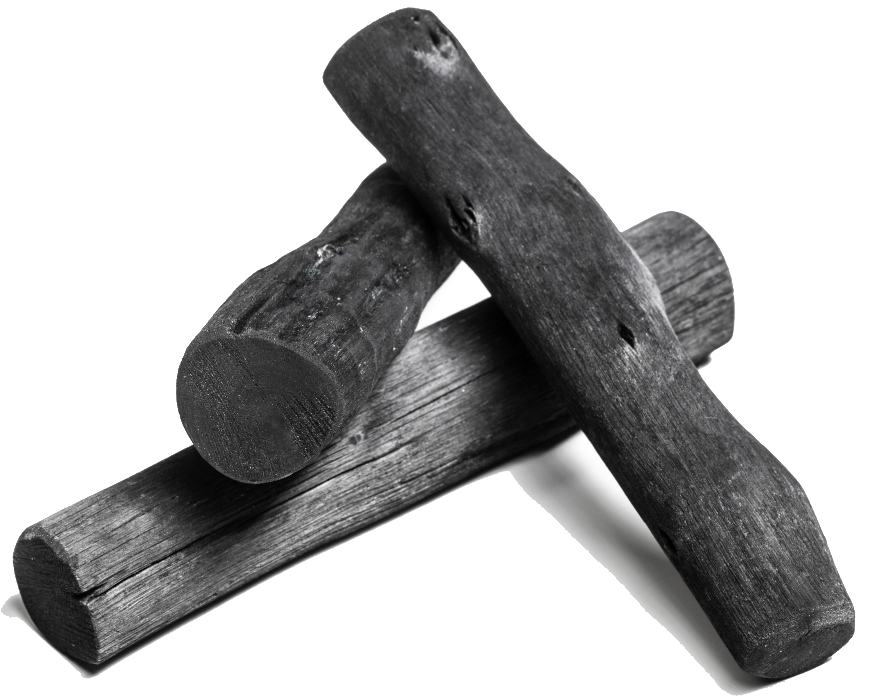
Stick Charcoal
Stick charcoal is commonly used for grilling, smoking foods, and as a fuel source for cooking and heating. To ensure minimal environmental impact and the long-term viability of the wood sources, sustainable forestry practices and responsible wood sourcing are essential considerations in stick charcoal manufacturing.
Stick charcoal manufacturing involves the production of charcoal using sticks obtained from various types of wood.




